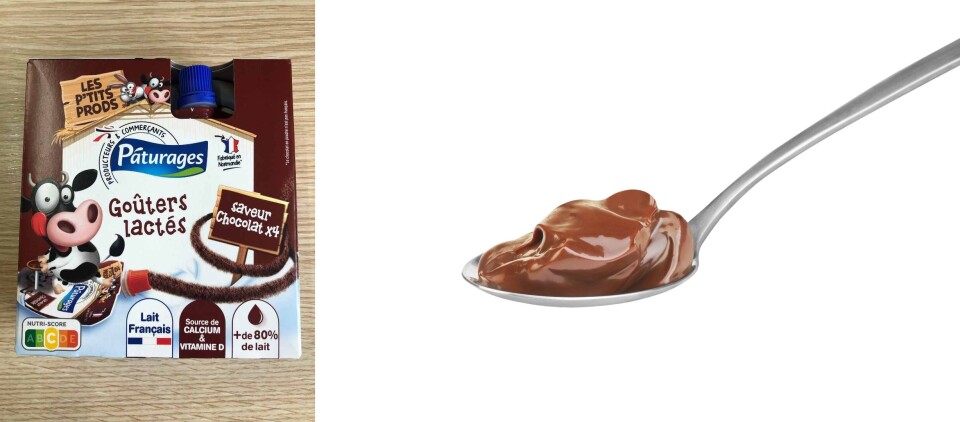-
Two Britons killed in avalanche in French Alps were with an instructor
French skier also died in the disaster at Val d’Isère on Friday February 13
-
British Airways launches bargain £2 flights to France (but there’s a catch)
The flights are only available to members of the airline’s Avios scheme who are redeeming loyalty points
-
Pistes closed, confinement orders: Alpine resorts deal with avalanche risk
Increased snowfall this weekend may cause further closures as busy school holiday season continues
Intermarché supermarket recalls children’s yoghurt across France
The product – Pâturages Les P’tits Prods Goûters Lactés – may contain metallic particles and should not be consumed

Intermarché is recalling a batch of chocolate-flavoured yoghurt snacks over the “suspected presence of metallic particles” within the product.
The recall concerns four-packs of Pâturages Les P’tits Prods Goûters Lactés.
Government site RappelConso states that this recall is a “precaution” as the metallic content has not yet been confirmed.
#RappelProduit
— RappelConso (@RappelConso) January 14, 2022
DESSERTS LACTES SAVEUR CHOCOLAT - Pâturages Les P'tits Prods
Risques : Inertes (verre, métal, plastique, papier, textile…)
Motif : Suspicion de présence de particules métalliqueshttps://t.co/oH6zH4Glub pic.twitter.com/5tnKE27sUY
The recall applies to every Intermarché supermarket in France, and the affected batch carries the GTIN code 3250392435363 and the batch number 12129951.
The sell-by dates of the yoghurts landed between December 16, 2021 and January 13, 2022, and the use-by date is October 28, 2022.
Consumers are encouraged not to eat the yoghurts, as there is a risk of “injuries or undesirable effects following ingestion.”
People who have purchased the product can take it back to the shop and receive a refund until the recall period ends on March 13.
You can find out more about the recall on the RappelConso information page.
Related stories
Volvic bottles recalled by French supermarkets over vinegar smell
Leclerc and Intermarché recall two cheeses over listeria risk
























